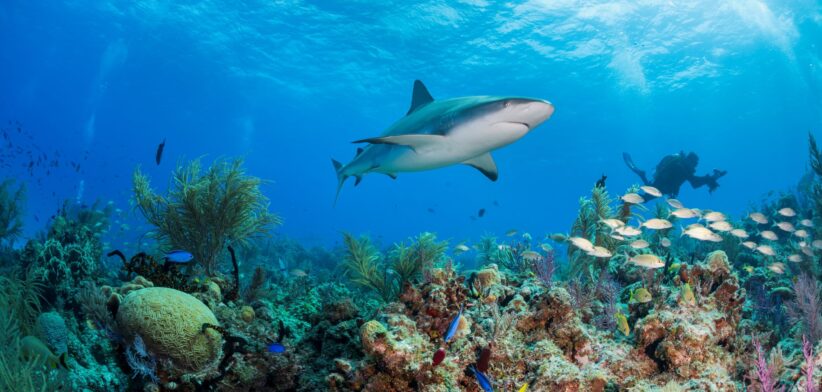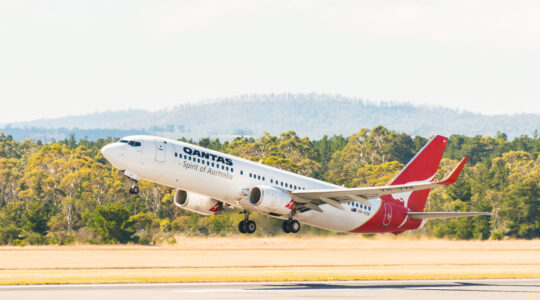Tropical marine creatures moving into new ocean territories because of climate change risk being killed by blasts of cold water.
Researchers at James Cook University in Townsville, North Queensland, have investigated these “upwelling events” where wind causes surface water to be replaced by cold water from the ocean depths.
Lead researcher Nicolas Lubitz said his team assessed an extreme upwelling event along the south-east coast of South Africa in 2021.
“Carcasses of at least 260 marine organisms from 81 species, such as sharks, manta rays and trevally, began washing up along the coastline of South Africa,” Dr Lubitz said.
“Satellite data and surface measurements showed an upwelling had occurred in the area.”
He said upwelling cells, where strong winds cause surface waters to be pushed out from the coast and cold water from the depths are pulled up to take its place, were believed to be intensifying due to climate change-driven shifts in pressure systems and ocean currents.
“We examined trends in the frequency and intensity of upwelling in the Agulhas Current in the Southern Indian Ocean and the East Australian Current— and found an increasing trend in frequency and intensity of cold events,” Dr Lubitz said.
He said tropical species were expanding their distributions closer towards the poles as oceans warmed. However, they might face new risks through intermittent, but extreme, upwelling events which appear to be increasing in frequency and intensity at some of those new range limits.
“Our results suggest that climate change-driven intensification of upwelling could increase the frequency at which migratory, subtropical marine megafauna experience killer cold events,” Dr Lubitz said.








